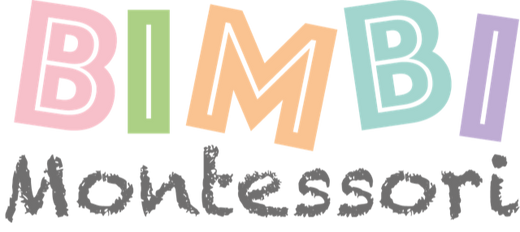
How to promote autonomy in children from 2 to 3 years old
How to promote autonomy in children from 2 to 3 years old
Developing autonomy skills of children from 2 to 3 years old.

During the first years of life, young children are in a constant process of learning and discovery. Fostering autonomy at this stage is crucial for their emotional, cognitive and social development. In this section, we present some skills that you can work with your children from 2 to 3 years old to promote their autonomy:
- dress themselves
Allow the child to choose his clothes and provide guidance and support in dressing himself, such as offering easy-to-put clothes. It is important to note that dressing itself is a gradual process and requires patience and understanding on the part of the parents. It is normal for children to feel frustrated or have difficulty putting on their clothes correctly at first, but with time and practice they will improve.
To help your child develop this skill, it's important to provide clothes that are easy to put on and take off, such as wide-necked shirts or pants with an elasticated waist. You can also teach him to distinguish the front and back of the clothes, so he knows how to put them on correctly. It is recommended that you start with simple garments and progress to more complex garments as the child gains more skills.
Another useful tip to encourage autonomy in dressing is to offer the child limited clothing options . For example, you can allow him to choose between two sets of clothes for the day, so that he has some control and autonomy in his choice, but at the same time does not feel overwhelmed by having too many options.
2. Eat alone
Provide safe utensils free of PVC, BPA and Phthalates. Allowing the child to choose some of the foods to eat are good steps in fostering independence in eating. It is recommended that you use plates, cutlery and a glass of the appropriate size for the child, so that he can handle them easily. You can also offer foods that are easy to eat with your fingers, such as small pieces of fruit or cooked vegetables.
It's important to allow your child to experiment and explore with food, without pushing him to eat or punishing him if he doesn't. Offer healthy and varied food options. If your child has difficulty eating on his own, you can offer guidance and support so he can learn to use utensils correctly and feel more confident and comfortable.
3. Pick up the toys
From the age of 2, children can begin to learn to pick up their toys. You can turn this activity into a game , involving the child in the process of sorting and classifying the toys.
4. Help with household chores
Children from 2 to 3 years old can begin to collaborate in small household tasks, such as taking their dirty plate to the kitchen . It is important to provide guidance and support during these tasks, so that they can do it safely and effectively.
5. Go to the bathroom
At this age, children may begin to show an interest in potty training . You can start by training them to use the potty and to identify signs that they need to go, such as crossing their legs or fussing.
Fostering autonomy in young children is a task that requires patience , perseverance and support. With these skills and tips, you can help your children develop their independence and self-confidence.
Here we leave you some products to stimulate autonomy.

BOWL WITH SILICONE LID AND SUCTION CUP





Remember that you can always leave us your opinion in the comments!




